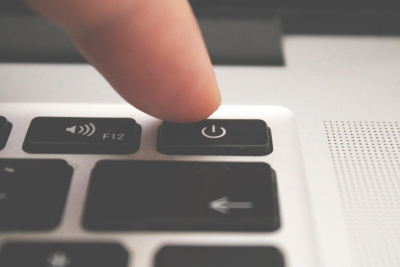The proxy server is a computer that sits between your computer and the internet. It not only allows you to browse the web securely, but also anonymously.
A proxy server is an intermediate system that communicates with both the client and the destination server. The client requests data from a resource (i.e., a web site) on another network and contact the proxy server instead of contacting that network directly for this request. The proxy then retrieves, or “proxies,” these resources from its original location to provide them to the client as if they came from it instead of from elsewhere (often as though they were on their own local network). Such proxy servers can be found at trusted providers' websites, you can check one of them here https://c/, for example.
What is the Difference Between a VPN and Proxy server?
A proxy server is a server that acts as an intermediary for requests from clients seeking resources from other servers. A VPN is a private network that relies on a public network to connect remote sites or users together.
However, the term “VPN” is generally used more often than “proxy” because of its commonality with security and encryption. This has created some confusion between VPNs and proxies, with people often mistakenly believing the two are synonyms for one another.
VPN vs. Proxy Server - What's Better?
A VPN is a more secure option than a proxy. However, it is slower than a proxy and more expensive than a proxy. That's why some people prefer to use VPNs for some Internet-related tasks and proxies for others.
We should also know that there are different types of proxies, such as HTTP and SOCKS4. The type of connection determines the speed of the connection - SOCKS4 being faster than HTTP proxies.
How to Set Up Your Own Personal Web Proxy Server in 5 Steps
1. Design the layout of your personal proxy server.
2. Install proxy server software on your home computer.
3. Connect to the internet with an ethernet cable or wireless dongle if necessary.
4. Create a personal page through the proxy server you created on step 2.
5. Test out your personal web proxy server!
Conclusion: Tips for Making Sure You Stay Anonymous Online with Proper Internet Security Measures
It is not uncommon for people these days to have multiple online profiles. You are constantly giving away information about you without even realizing it. When you are filling out an app, for example, the form will ask for your phone number and address. This can put you at risk if someone gets a hold of this information.
With proper security measures in place, no one should be able to get a hold of your personal information without your knowledge.
So how do we make sure we stay anonymous online? Here are some safety measures:
- Use a VPN on all browsers and devices;
- Use different passwords for your accounts;
- Don't use the same password again and again.


 Starting this week, the Canada Border Services Agency (CBSA) has begun sharing selected vehicle export information with trusted partners. This
Starting this week, the Canada Border Services Agency (CBSA) has begun sharing selected vehicle export information with trusted partners. This Visual content is essential for capturing audience attention and conveying your brand message effectively.
Visual content is essential for capturing audience attention and conveying your brand message effectively.
 n the arena of digital advertising and sales, a powerful email series can be the key to nurturing leads, final
n the arena of digital advertising and sales, a powerful email series can be the key to nurturing leads, final

